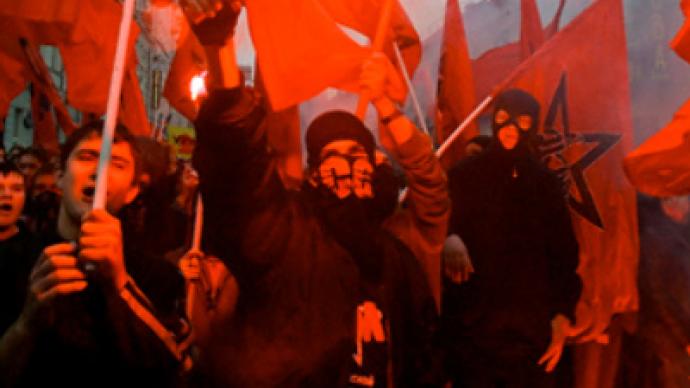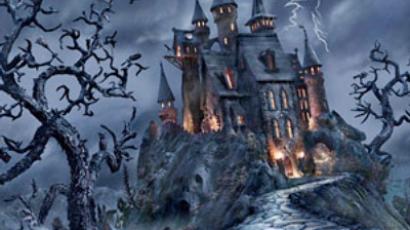Ultra-nationalists gaining steel-toed foothold in Europe

Radical and other ultra-right nationalist and xenophobic parties have a good chance of winning seats in the European parliamentary elections that kicked off Thursday, and will continue until Sunday throughout Europe.
Voters from the 27 European Union countries will be electing 736 candidates to membership of the European Parliament.
Already, the Dutch nationalist Party for Freedom – led by Geert Wilders, who himself has been banned from entering the UK for hate speech – has proven the trend by picking up its first ever seats in the European Parliament, according to exit polls by Dutch news agency ANP reported by Reuters.
With 40 percent of the electorate turning out, the party, whose slogan is “Europe for Europeans”, is guaranteed at least four seats of the 25 allocated to the Netherlands.
Over in the UK, and in light of the massive expenditure scandal involving British MPs, voters have been alienated and turned off by the main British parties, in particular the Labour party. This has opened up the likelihood that smaller, ultra-nationalistic parties such as the UK Independence Party, stand a far better chance of gaining seats in the Europe-wide election. Although the UK went to the polls on Thursday, results are yet to be made available.
Fears of a rise in radical tides are not only limited to the Netherlands and UK. Across Europe parties have been gearing up to take advantage of growing fears among people over financial losses during the global financial crisis.
Geert Wilders, whose party is extremely Islamophobic – although strongly pro-Israel – spoke during the party’s victory speech, touching on themes of financial irresponsibility by Europe:
"People have had enough of Europe as it is now – a big Europe with Turkey possibly joining – that we spend billions on each year."
"Turkey as an Islamic country should never be in the EU, not in 10 years, not in a million years," Wilders said.
Right-wing parties in Italy, Finland, France, Belgium, Romania, Austria and Hungary also all stand a chance of picking up at least one seat each in Brussels.
France’s right wing populist party, the National Front (FN), already holds four seats in the outgoing Parliament, and could see the possibility of gaining back at least three.
Of their 57 outgoing MPs, Italy holds the largest amount at nine by the National Alliance (AN) party. In this election the AN will see support from parties including a separatist alliance, as well as from convicted fascist terrorist Roberto Fiore, who was declared a wanted man in Italy for his role in the 1980 bombing of a Bologna train station, causing the death of 85 and injuring 200 more.
In Austria, two parties are expecting to at least squeak out enough votes for one seat.
Romania, in its first Parliamentary election since accession to the EU, sees a party campaigning on an anti-Semitic racist platform. And another xenophobic party in Bulgaria also has a small chance.
Fortunately, many radical groups will find that their support is being cancelled out by the existence of other competing nationalist parties in the country.
The head-to-head contest of Germany’s two far-right parties will most likely mean that they will fail to send a member to the European Parliament.
In Latvia, three hard-right nationalist parties, including one which has four seats in the outgoing Parliament, are all fighting for space in the EP.
Slovakia, while not expected to pick up seats, has the extremist Slovak National party, which is running on a platform of anti-Hungarian, anti-Jewish and anti-Roma, and is pulling for the rehabilitation of WWII Fascist leader Josef Tiso, who was convicted after the war of being a war criminal and was hanged.
On Friday, Ireland and the Czech Republic go to vote, although nationalist parties are not expected to have an impact.
In the end, the trend seems to be gathering pace or, at the very least, is standing its ground. The Parliament had 24 far-right members during the 1999-2004 term, followed by 57 seated during the last term. These elections will show exactly how fast the movement is growing.













